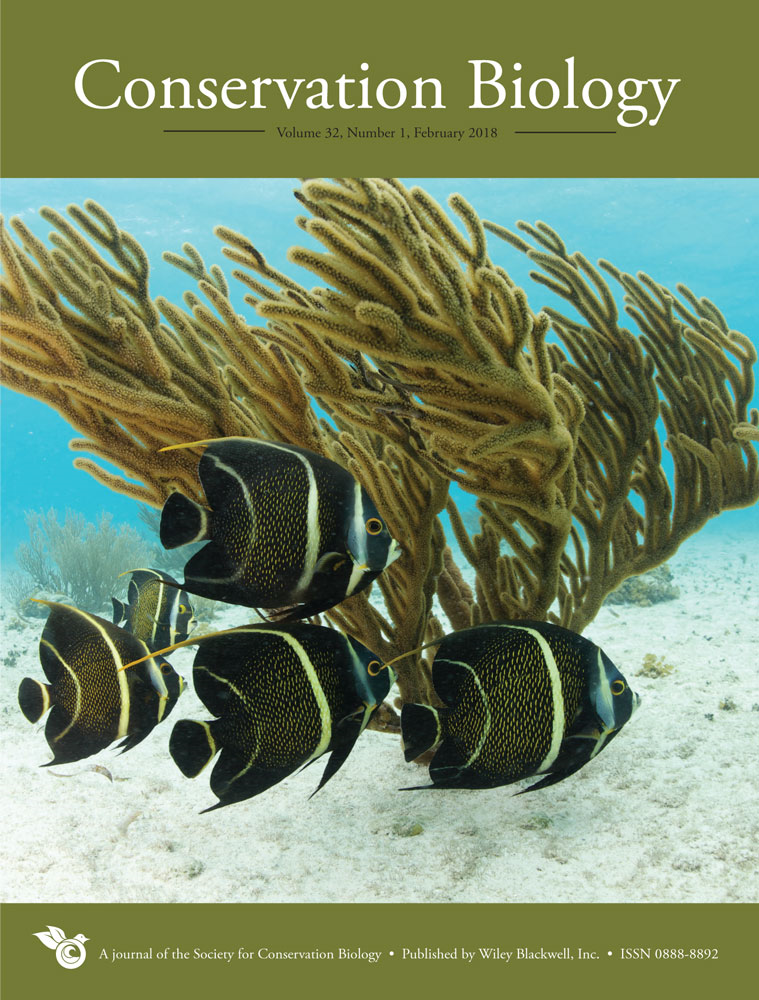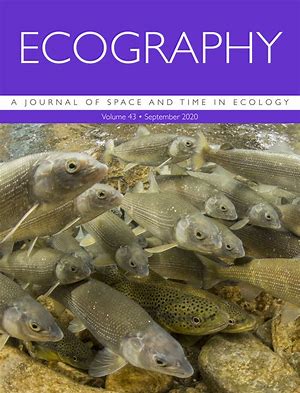Please find all scientific publications of IGB under > scientific publications
For more detailed information please refer to our > library catalogue
11 - 20 of 52 items
- Programme area:2) Ecosystem Services for a Sustainable Future

February 2025
BMC Ecology and Evolution. - 25(2025), Art. 15
Come to the dark side – citizen science in nighttime ecology
S. E. Kimmig; F. Hölker; S. Schroer; A. Kassiem; S. Kiefer
February 2025
Conservation Biology. - 34(2025), 1559–1574
Amphibian conservation in Europe: the importance of pond condition
A. López‑de Sancha; D. Boix; L. Benejam; L. Briggs; T. A. Davidson; J. C. Fahy; V. Frutos‑Aragón; H. M. Greaves; P. Lemmens; T. Mehner; L. Martín; B. Oertli; C. Sayer; S. Brucet
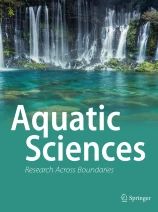
February 2025
Aquatic Sciences. - 87(2025), Art. 38
Artificial light at night reduces emergence and attracts flying adults of aquatic Diptera
A. Manfrin; F. Hölker; S. Teurlincx; V. Baranov; R. H. A. van Grunsven; M. Bundschuh; M. T. Monaghan

January 2025
Water. - 17(2025)3, Art. 397
Aquaculture Development in Myanmar: Aquaculture Quo Vadis?
Sven Wuertz; Florian Muehlbauer
January 2025
Ecography. - 2025(2025)5, Art. e07347
Drivers of amphibian species richness in European ponds
Alejandro López-de Sancha; Lluís Benejam; Dani Boix; Lars Briggs; Maria Cuenca-Cambronero; Thomas A. Davidson; Luc De Meester; Julie C. Fahy; Pieter Lemmens; Beatriz Martin; Thomas Mehner; Beat Oertli; Marzenna Rasmussen; Helen M. Greaves; Carl Sayer; Meryem Beklioğlu; Rein Brys; Sandra Brucet
January 2025
Biological Conservation. - 302(2025), Art. 110983
Stakeholder workshops on western Baltic cod fisheries–conflict and consensus in the face of a highly dynamic ecosystem
W.-C. Lewin; M.E. Pierce; R. Arlinghaus; M.S. Weltersbach; H.V. Strehlow
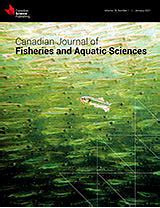
January 2025
Canadian Journal of Fisheries and Aquatic Sciences.- 82(2025), S. 1–20.
How quota cuts, recreational fishing, and predator conservation can shape coastal commercial fishery efforts
Dieter Koemle; Sean Pascoe; Marc Simon Weltersbach; Birgit Gasslere; Robert Arlinghaus
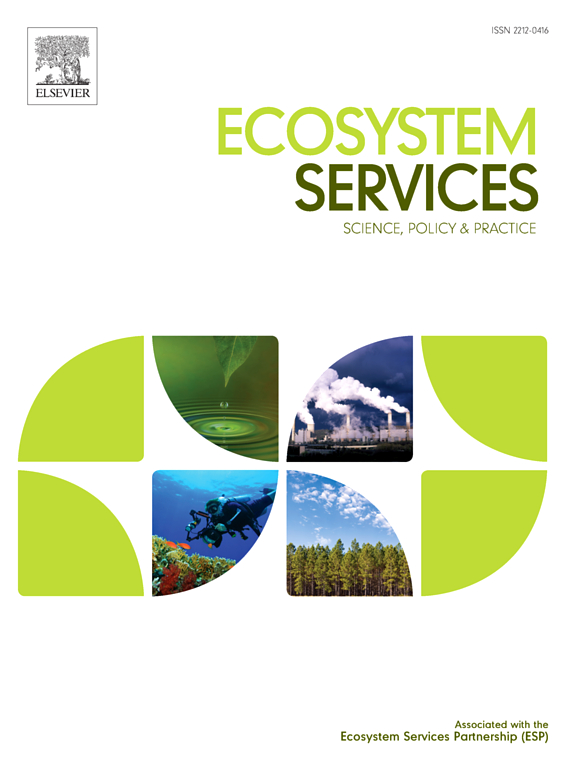
January 2025
Ecosystem Services. - 70(2024)13, Art. 101673
A global systematic review of the cultural ecosystem services provided by wetlands
Kevin A. Wood; Lucy L. Jupe; Francisca C. Aguiar; Alexandra M. Collins; Scott J. Davidson; Will Freeman; Liam Kirkpatrick; Tatiana Lobato-de Magalhães; Emma McKinley; Ana Nuno; Jordi F. Pagès; Antonella Petruzzella; Dave Pritchard; Jonathan P. Reeves; Sidinei Magela Thomaz; Sara A. Thornton; Hiromi Yamashita; Julia L. Newth
January 2025
Freshwater Biology. - 70(2025)1, Art. e14363
Submerged Macrophytes Can Maintain Stable Dominance Over Free-Floating Competitors Through High pH
Sándor Szabó; Noémi Fedor; Gergő Koleszár; Mihály Braun; János Korponai; Aleksandra Kočić; Sabine Hilt; Viktor Oláh
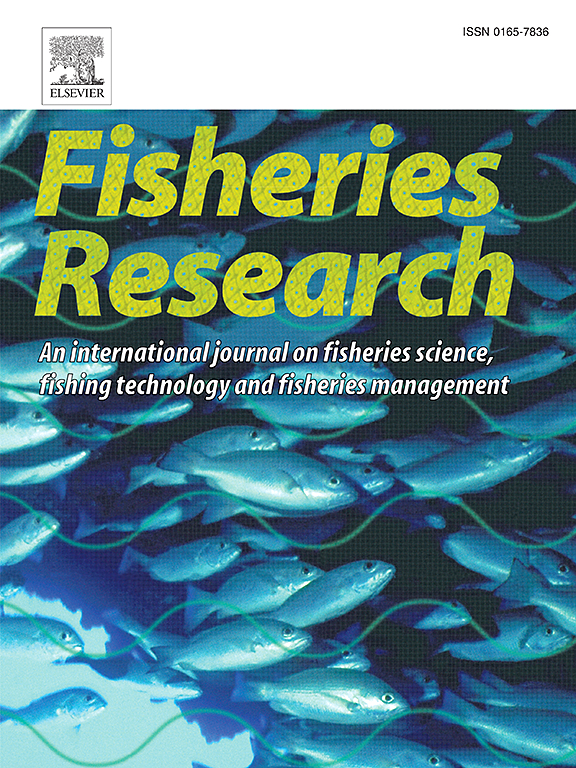
December 2024
Fisheries Research. - 281(2025)XX, Art. 107239
Varying organic content in fish otoliths: Effects on SIMS-based δ18O measurements and possible corrections
Timo D. Rittweg; Michael Wiedenbeck; Jan Fietzke; Clive Trueman


